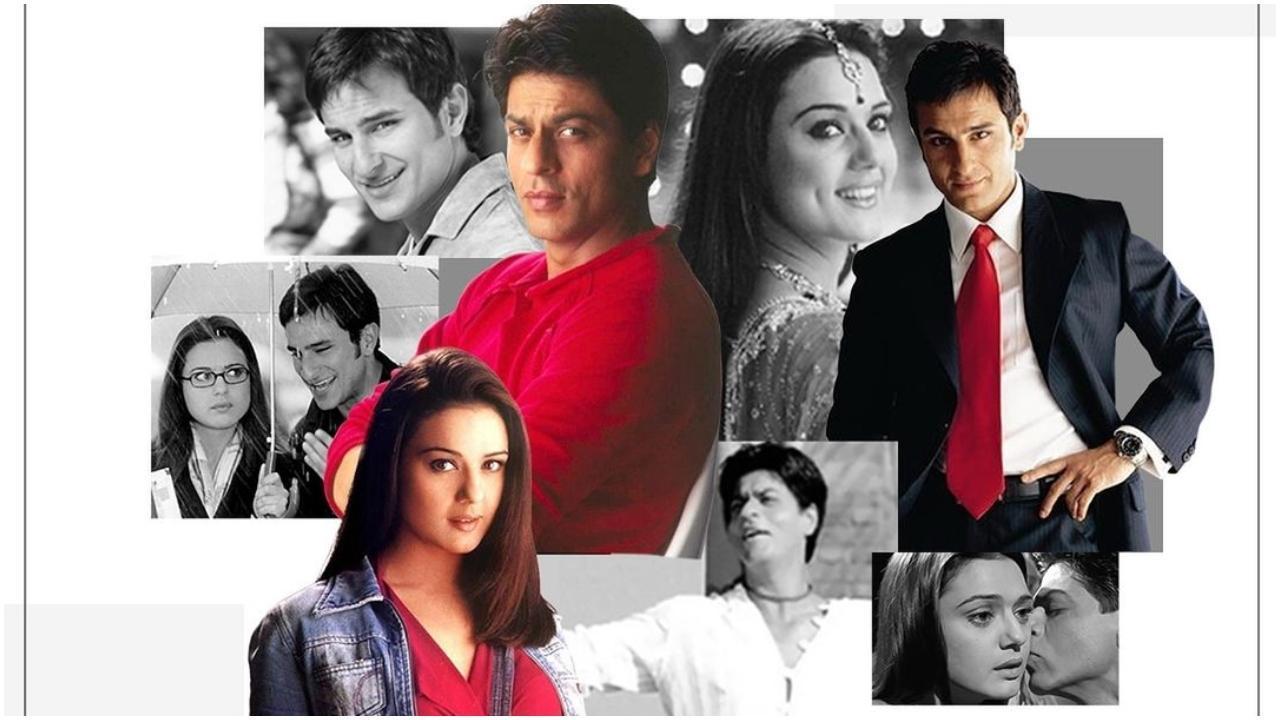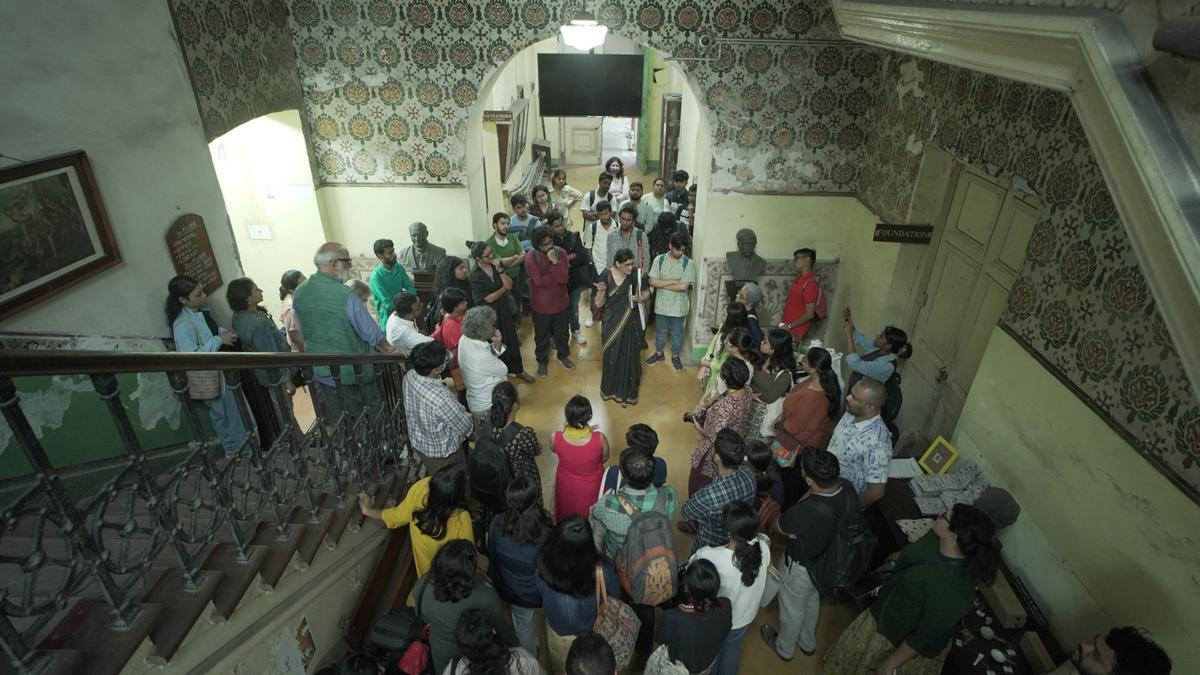
In the aftermath of Jonathan Glazer’s contentious Best International Feature Oscar acceptance speech for the film “The Zone of Interest,” several influential figures have stepped forward to publicly back the filmmaker. Glazer’s speech, which broached the subject of the misuse of the suffering of Jewish people and dehumanization within the context of the Israeli occupation of Gaza, has sparked heated debates across Hollywood’s glitterati and global audience.
Going against the grain, Tony Kushner, the esteemed playwright who has notably collaborated with director Steven Spielberg, expressed his alliance with the director’s sentiments. Kushner commended Glazer for his powerful stance on the misappropriation of Jewish identity and historical agony for political ends. Highlighting the need for a clear distinction between sincere criticism and the exploitation of tragic historical events, Kushner underscored the simplicity yet profoundness of Glazer’s message.
Kushner passionately relayed Glazer’s perspective, stating, “He’s saying Jewishness, Jewish identity, Jewish history, the history of the Holocaust, the history of Jewish suffering must not be used in a campaign as an excuse for a project of dehumanizing or slaughtering other people. This is a misappropriation of what it means to be a Jew, what the Holocaust meant, and he rejects that.”
The Pulitzer Prize-winning author further criticized those who condone the situation in Gaza, castigating any justification of actions that cause human suffering. Kushner’s message was clear – if one’s loyalty to Jewish identity means defending the indefensible, then it’s a misplaced allegiance.
Alongside Kushner, Dr. Piotr M.A. Cywiński, Director of the revered Auschwitz Memorial, provided a reflective and broad view of the discourse surrounding Glazer’s statement. Cywiński pointed out that Glazer’s film and his subsequent speech were meant to delve into the dark recesses of humanity, probing deeper than just the Holocaust narrative.
Taking to Twitter, Cywiński expressed his interpretation of Glazer’s message from the Oscars, “…Jonathan Glazer issued a universal moral warning against dehumanization. His aim was not to descend to the level of political discourse… Critics who expected a clear political stance or a film solely about genocide did not grasp the depth of his…”
Despite the wave of support from prestigious industry figures like Kushner and Cywiński, the fallout from Glazer’s speech has seen a significant backlash. A group surpassing a thousand industry professionals demonstrated their discontent through a strongly worded letter that denounced Glazer’s speech. The letter reflects how polarizing Glazer’s remarks became, triggering a schism within the entertainment community over the acceptable intersection of political commentary and artistic celebration.
The debate is emblematic of a broader tension that often surfaces in nuanced discourse around art, politics, and historical interpretation. While detractors continue to express their disapproval, prominent advocates like Kushner and Cywiński stand firm, asserting the import of drawing from historical atrocities to illuminate current human rights infringements without misusing them as excuses for further harm.
This clash of ideologies underscores the challenge faced when navigating the complex webs of cultural identity, historical wounds, and the ethical compass by which society judges current events. “The Zone of Interest” has proven to be more than a cinematic work; it has become a vehicle for examination, a conversation starter on how past experiences should shape – not dictate – responses to present circumstances.
Glazer’s acceptance speech, while certainly contentious, serves as a poignant reminder that even the glamorous realms of Tinseltown must occasionally grapple with difficult truths and the responsibility wielded by those with a platform. As Hollywood continues to digest the implications of Glazer’s impassioned words, the spotlight doesn’t shift just from the dazzling glint of Oscar trophies but also shines on cultural and political introspection.










